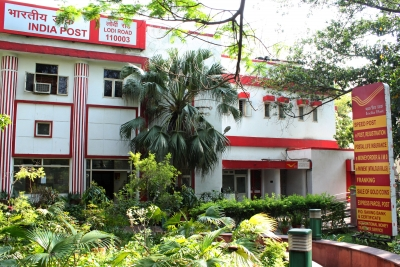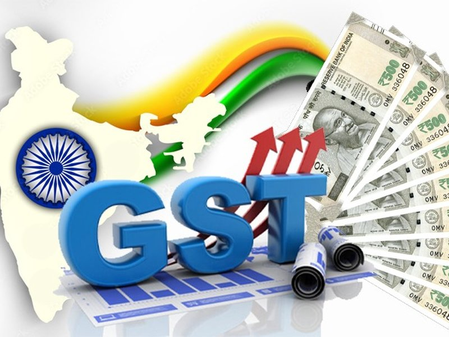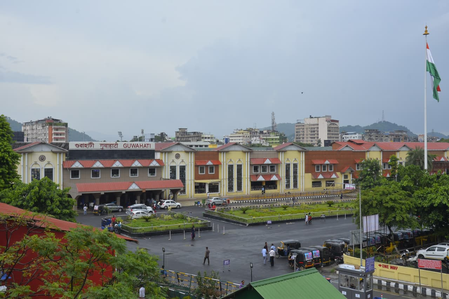
New Delhi, June 25 (IANS) India sought closer global cooperation to increase the production of sugarcane and biofuels to enhance the welfare of farmers and fight climate change at the 30-nation meeting of the International Sugar Organization (ISO) that began here on Tuesday.
Union Minister of Consumer Affairs, Food and Public Distribution and New and Renewable Energy, Pralhad Joshi in his inaugural address highlighted India’s commitment to advancing technology and skills in the sugar and biofuel sectors.
Experts from the 30 member countries are participating in the meeting, which will conclude on June 27.
They are brainstorming on the future possibilities, challenges, and strategies in the sugarcane, sugar, and allied sectors.
Earlier, India hosted the 41st session of ISO council Meeting in 2012.
The minister highlighted India’s strides in ethanol production and blending, underscoring the nation’s commitment to sustainability and encouraging international cooperation in these efforts.
He also underlined the success of the Global Biofuel Alliance, an initiative of Prime Minister Narendra Modi.
Emphasising the importance of sugarcane for the biofuel industry, the Minister said while India was the world’s largest sugar consumer the country was also a significant biofuel producer with the achievement of over 12 per cent ethanol blending in petrol and now poised to achieve the 20 per cent target soon.
The Minister underscored the role of biofuels in combating climate change and detailed the positive impacts of India’s Ethanol Blended with Petrol (EBP) Programme on the sugar industry and farmers.
The Minister encouraged delegates to leverage this conference for future ventures in the sugar sector.
Sanjeev Chopra, Secretary Department of Food & Public Distribution and Chairman, ISO, emphasised the urgent need for the global sugar and ethanol industry to tackle climate change through sustainable practices, including developing drought-resistant sugarcane, conserving water, and promoting biofuels.
Further, the need for more collaboration amongst ISO member countries in using modern technology for their farmers and small players was also highlighted.
India and Brazil, being the top two sugar producing countries, should collaborate and synchronise efforts in research and development in sugarcane so that better varieties suitable for local conditions with higher yield and sucrose content may be developed, he added.
Jose Orive, ED, ISO, congratulated India on handling the ISO matters as Chair successfully and organising the event in such a grand manner.
He appreciated the synergy between government of India and Indian sugar & biofuel industry which has played an instrumental role in the progress of India in this sector.
On the occasion, a workshop titled ‘Sugar & Bio-Energy – Emerging Vistas’ was held on Tuesday. The session focused on taking sugarcane farming and the sugar sector towards more sustainable practices and the key role played by the Ethanol Blending Programme in this direction. Further, a stronger Global Biofuel Alliance would facilitate more replacement of fossil fuel with green fuels.
Mechanization & modernization of the sugar sector was also discussed to take the sustainability theme forward, sugarcane farming was at the core of deliberations during the session.
A session on digitisation of the sugar sector highlighted various initiatives like AgriStack of the government of India which is revolutionising agri-statistics and data management.
Peter de Klark, Economist of ISO, and Dr. Claudiu Covrig, clarified on the demand and supply scenario in the global sugar and ethanol sector in the near future, this panel discussion showed the patterns of sugar trade and expectations on sugar prices in the global market.
Lindsay Jolly, Consultant of ISO shared his perspective on the potential of hydrogen as a source of energy and role of sugar sector in this field.
He was optimistic on the growth of green hydrogen as a major source of fuel for the automobile sector as well as in the electricity sector.
–IANS
sps/pgh




